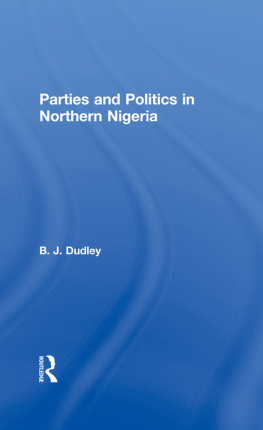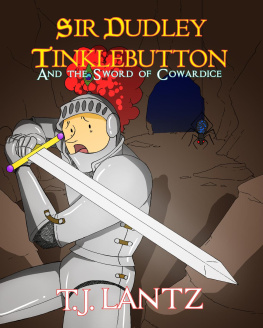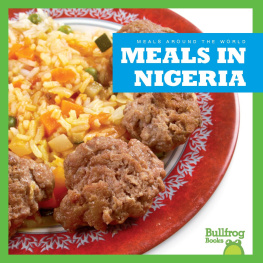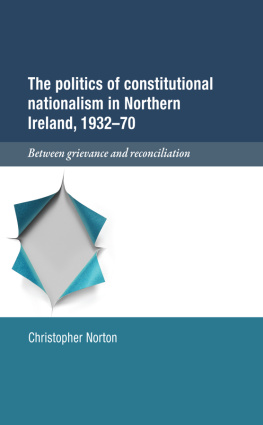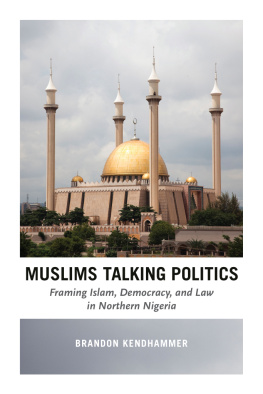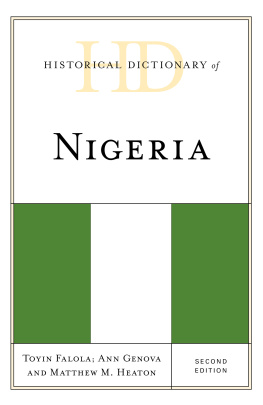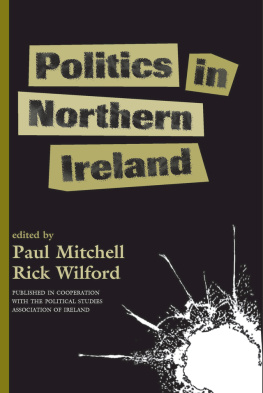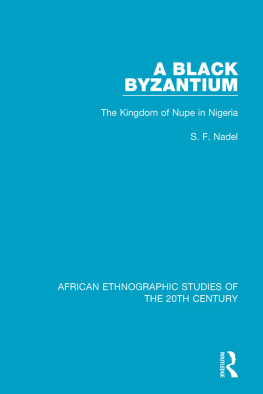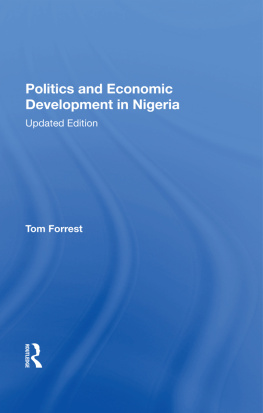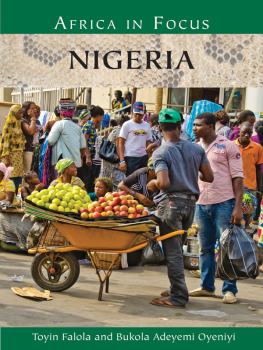First published in 1968 by
FRANK CASS AND COMPANY LIMITED
Copyright 1968 B. J. Dudley
SBN 7146 1658 3
ISBN 978-1-13696-189-2 (ePub)
This edition published 2012 by Routledge
2 Park Square, Milton Park, Abingdon, Oxfordshire OX14 4RN
711 Third Avenue, New York, NY 10017
Routledge is an imprint of the Taylor & Francis Group, an informa business
In retrospect it now seems clear that the federal elections of December 1964 and the constitutional crisis which followed mark the apogee of the civilian government headed by Sir Abubakar Tafawa Balewa. The broadbased government which emerged from the crisis represented, at best, a shaky compromise. The virulence of the opposition (UPGA, the AG/NCNC southern alliance) to the elections in the West in October 1965, in which ballot papers were available to the government party (NNDP) members before the polling, and in which regulations governing the counting of votes and the announcing of results were openly flouted, showed that the compromise was not really accepted by the South. And when the federal government supplied security forces to prop up the government of the West, a government which not only lacked popular support but which had become an object of derision, it eroded whatever vestiges of legitimacy it had possessed.
The decisive jolt came when in the early hours of January 15,1966, a group of young army officers, mainly Ibo, led some soldiers in a coup which ended in the death of the Federal Prime Minister of Nigeria, Sir Abubakar. The regional Premiers of the North and the West were also killed, as were a number of high-ranking Hausa and Yoruba officers. After some confusion, the government of the federation was taken over by Major-General Aguiyi-Ironsi, the head of the armed forces. Thus began Nigerias slow decline into civil chaos and now, the possibility of political disintegration.
With the widespread allegations of corruption by the political leadership of the civilian government and the prevailing general incompetence, most Nigerians felt a welcome relief when the January 15th coup took place. In the North, which suffered most from the changes, the electorate was not unhappy at the elimination of the Premier, the Sardauna of Sokoto, though they felt very differently about the deaths of their Prime Minister and top northern army officers. But the people were prepared to accept even this in the spirit of the new compromise, and Major-General Ironsi, head of the military government, began his rule with some degree of popularity with Northern soldiers. But within six months the new rgime had turned sour, and particularly with Northerners. Where did it go wrong?
First, to the radical elements in the North, it did not appear that there had been any significant changes in the North. General Ironsi, realising the losses the North had suffered, in an attempt to conciliate the region, allowed members of the old political class to return to their respective Native Authorities. Unlike in the West where investigations into their past activities were initiated, the ex-politicians of the North were left free to enjoy the fruits of office.
The radical elements are to be found amongst the new intelligentsia of the North, the civil servants, university students and school teachers. And these now felt their interests threatened by the measures being taken by the Military Government. The decree on unification, decree No. 34, issued on May 24, which abolished the regions, was seen as the first step to depriving them, the intelligentsia, of the privileges which the old federal system guaranteed them. The attempt to unify the different administrative systems in the country was taken as a confirmation of this. In the federal public service, Northerners constituted slightly more than one per cent of the total number of civil servants, whereas in the Northern public service, Southerners were excluded. Thus Northern university students, particularly those at the Ahmadu Bello University, saw their chances of an automatic entry into the administrative class of the Northern civil service dwindling away. In a unified bureaucracy, they would have faced competition for the available posts from the numerically greater southern graduates. The way was therefore left open for the erstwhile politicians to play on the fears of the intelligentsia and for these two groups, in combination, to exploit the dissatisfaction of the urban unemployed. The result was the May 29th, 1966, outbreaks in Zaria, Kaduna, Kano, Jos and Katsina in which hundreds of Ibos (many of whom, it was reported, had openly provoked Northerners through careless statements) were attacked and killed. This was to be a prelude to the July 29th outburst.
Meanwhile, the politicians had also succeeded in converting Northern NCOs and other ranks to their way of thinking. They, in collaboration with some members of the political lite and a few of the intelligentsia from the Western region, had managed to instil in a section of the Northern soldiery a fear of domination by the Ibos. They pointed to the fact that Major-General Ironsi was an Ibo; his close advisers were in the main also Ibos; the overwhelming majority of those promoted in the post-January 15th period were Ibos (although it was alleged, the Supreme Military Council had agreed on a moratorium on all promotions in the army for a period of one year); that no Ibo was killed in the January 15th coup; and that some leaders of that coup were found to have consorted with politicians from the East soon after the coup. Ironsis announcement of his proposal to rotate the Military Governors and appoint military prefects was taken as a proof of the plan for an Ibo hegemony in the country. What was being insinuated was that the Northern soldiers who had participated in the coup had been misled deliberately and used in a coup which had been planned by officers aided and abetted by Ibo politicians.
Amongst the Ibos on the other hand, there was resentment at the conciliatory attitude of General Ironsi to the North. Many felt that the pace of change was not rapid enough. But even so, some of the Ibo academics, worried by the May disturbances in the North and the hostility of the Yoruba intelligentsia towards them, had suggested that the East reconsider its continued association with the rest of the country.
By late July, there was hostility and mutual suspicion on all sides. Ibo soldiers were alleged to be planning to complete the affair of January 15th. The Northerners were also suspected of getting ready for a counter-coup. The question was who would move first. The Northerners didon July 29 and the second killing of Ibos began.
The intervention of some top federal civil servants and a few others in negotiating a cease fire saved the day and Nigeria. Lt. Colonel Yakubu Gowon became the Supreme Military Commander and the Head of the federal Military government after the kidnapping and disappearance of Ironsi and the Military Governor of the West, Lt. Colonel Adekunle Fajuyi. Though their fate still remains unknown, it is widely believed that they were both killed by their kidnappers.
In August, a small group of representatives from the four regions, summoned by Gowon, met in Lagos. They suggested that military personnel should be repatriated to their regions of origin. A larger body was to be summoned to decide the constitutional future of the country, which in the meantime had returned to being federal, the decree No. 34 having been abrogated. This group met in Lagos on September 12. In his address to the opening session, Lt. Colonel Gowon suggested that the delegates were free to advocate any form of association for the country, other than a unitary system of government or a break-up of the federation.


